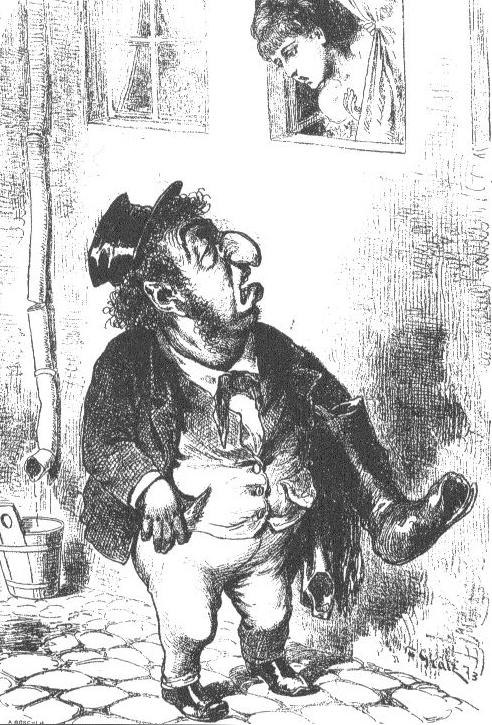Today, the Forward published six students — five studying at American universities, one in South Africa — who answered a call to write about an experience at college that had shaped their Jewish identity in ways good, bad, or other.

It’s an interesting read. The preface states that “every student interpreted the question as being about Israel and the BDS movement;” what’s unclear is whether these six were the only respondents, or just the most interesting or eloquent ones. Six students interpreting that question as being about Israel and BDS is a different statistic from six hundred. A breakdown of the different campuses people wrote from would also be interesting — but this is commentary, not a Pew study, so while I’d love to know how the Forward went about putting this together, I understand why there’s not more detail.
It’s impossible for me not to question the claim that “the Israel debate has reached a fever pitch on campus, and whatever view you take of it, its ramifications are now impossible to ignore.” I recognize that Israel and BDS have become, particularly in the last few years, a major part of politics on certain campuses. But if I was writing about an experience at college that shaped my Jewish identity, it would have nothing to do with Israel. It would look more like this:
I started becoming more comfortable with my Jewish identity around the first year of university. In my first year program — a group of around 120 first-year students, most of them Canadian, at the Bader International Study Centre in Herstmonceux, England — I was one of a handful of Jewish students. (By a handful, I mean one of four or five.)
There are three experiences from that year that stand out to me when I think about how my Jewish identity has developed. They are more significant and clear in my mind than many experiences before or after.
Two are similar. In both, I was talking to non-Jewish classmates. In one: We were in my friends’ dorm room; he’d been drinking, maybe on his way to being drunk. I mentioned that I was Jewish. He looked at me and said, “But you can’t be! You don’t have the nose.”
In the second: I was in the library with another friend. We were also talking about ethnicities and nationalities. He was Polish. I made a joke about also being Polish, but really Jewish, just that my ancestors were living in what’s now Poland. He said, “But Jewish isn’t an ethnicity.”
The third was not a single moment. I was in the drama class, and we were casting parts in our production of Woyzeck, a somewhat bizarre German play by Georg Büchner. The title character is a soldier whose mental health collapses over the course of the (unfinished) play, culminating in the murder of his child’s mother, who had cheated on him. Woyzeck murders Marie with a knife sold to him by a Jew:
WOYZECK: How much is the knife?
JEW: It’s good and straight. You want to cut your throat with it? Well, how about it? I’ll give it to you as cheap as anybody else; your death’ll be cheap, but not for nothing. How about it? You’ll have an economical death.
WOYZECK: That can cut more than just bread.
JEW: Two cents.
WOYZECK: There! [Goes off.]
JEW: There! Like it was nothing. But it’s money! The dog.
I wanted to play this part because I didn’t want a gentile classmate to, maybe afraid someone would play him as an unambiguous stereotype. I felt almost protective of “Jude,” the one-note character with four total lines. There was more to him than was on the page, because he represented not a person but rather centuries of European Jewish history. (When I wrote about the play later for a final assignment, I analyzed the pawnbroker as anti-Semitic trope.) I felt that if I was going to play a minor character, it should be him.
First year was the year that I began to examine and shape my Jewish identity in earnest, but none of my defining moments had anything to do with Israel. Instead they were about anti-Semitism, modern and medieval — the anti-Semitism borne of old and violent European tropes about what a Jew is. Perhaps the reason these incidents stand out to me is because Queen’s dealt with very little campus-wide dialogue around BDS while I was a student there, and when I engaged with Israel and Palestine, it was in academic settings and dialogue courses taught by Palestinian and Israeli-American professors. By the time I was having those conversations, I was much more sure of my Jewish identity. But I wouldn’t have had that sureness in the first place if not for it having been questioned, and if not for having been reminded that college anti-Semitism is bigger than the Zionism conversation and always has been.
That’s my collegiate Jewish identity story. If yours isn’t about Israel or BDS either, I’d love to hear from you: Tell me your story at editor@newvoices.org.
Chloe Sobel graduated from Queen’s University and is editor in chief of New Voices.
